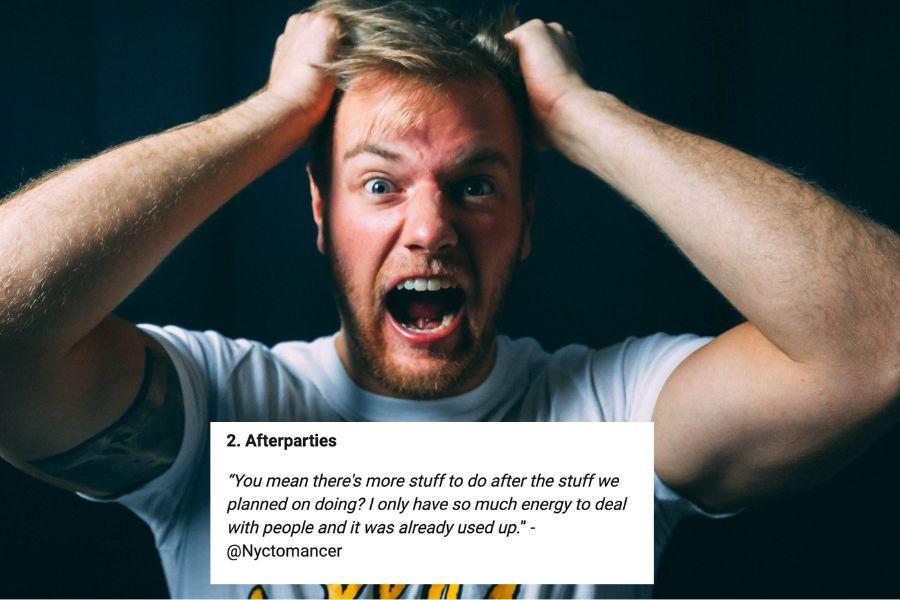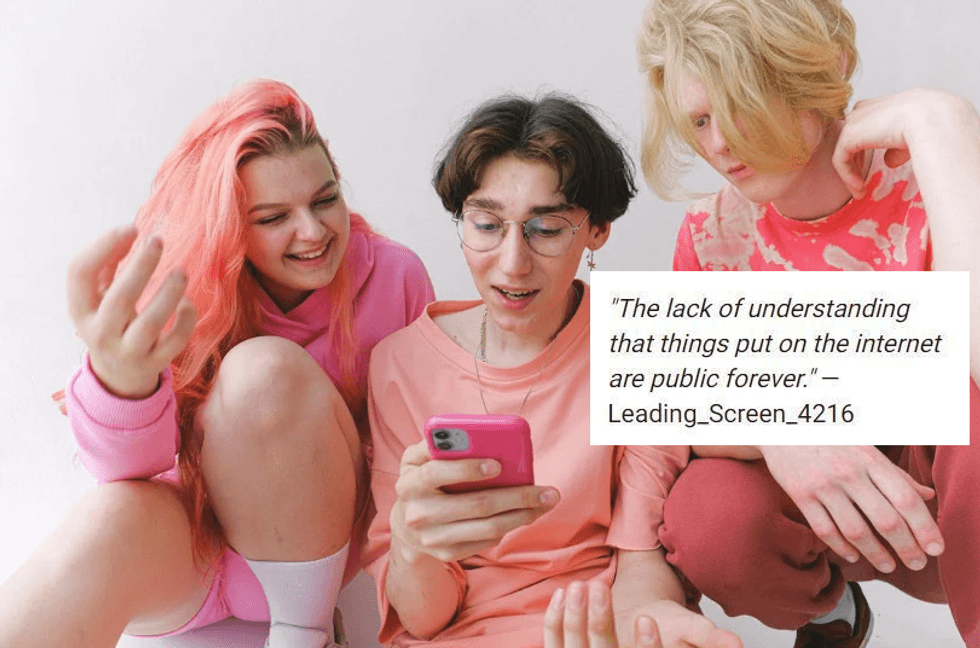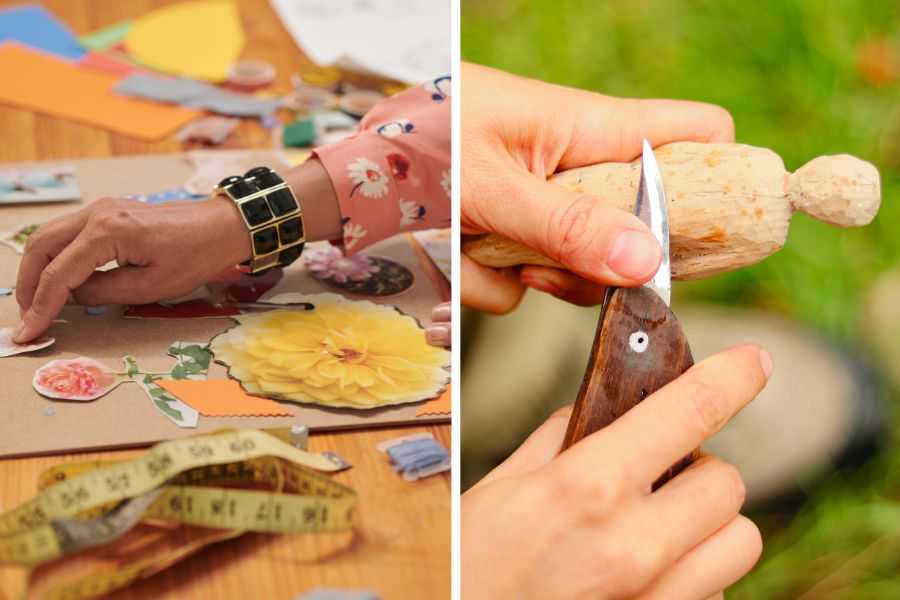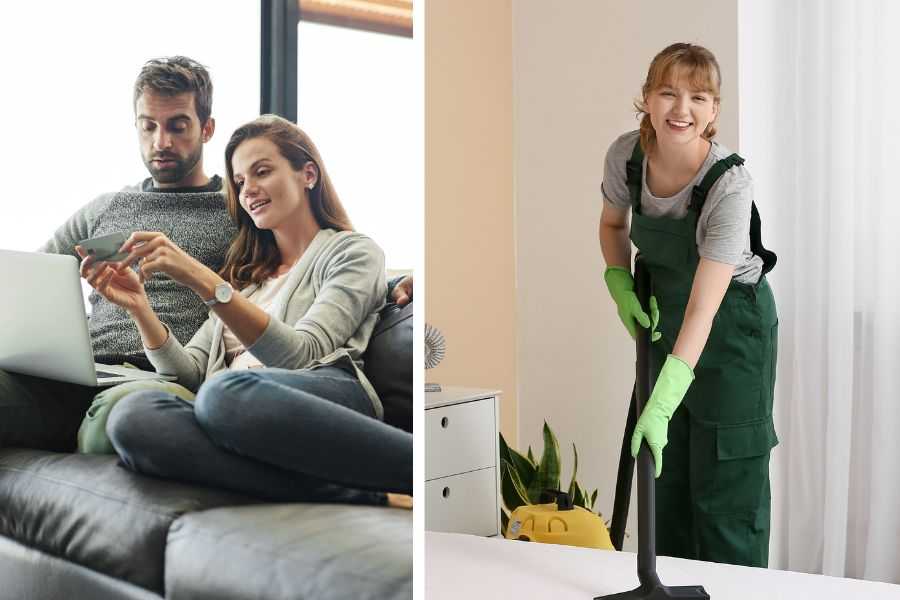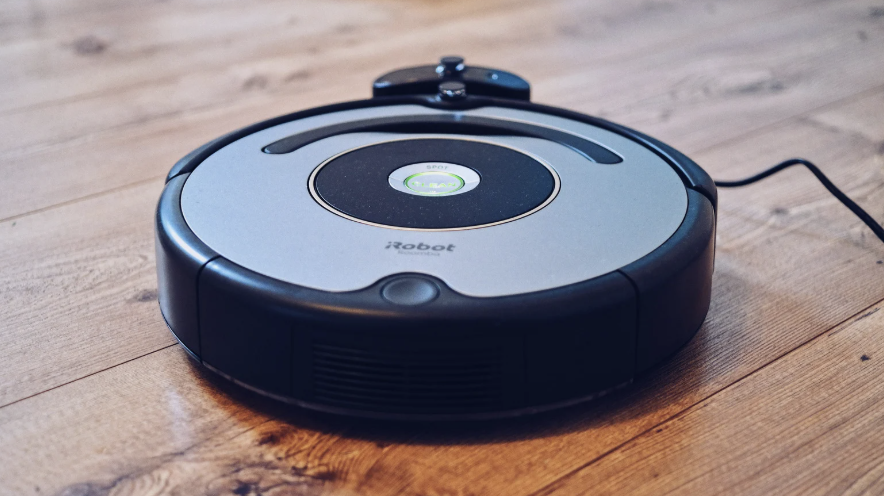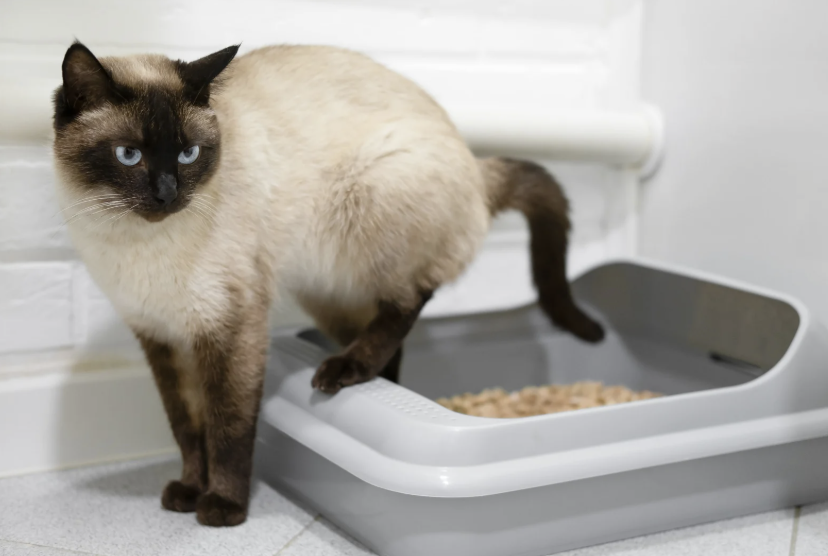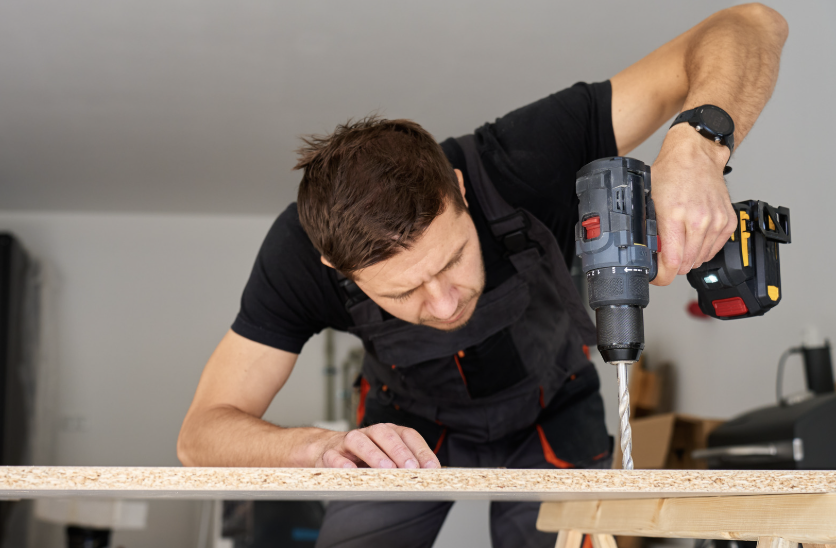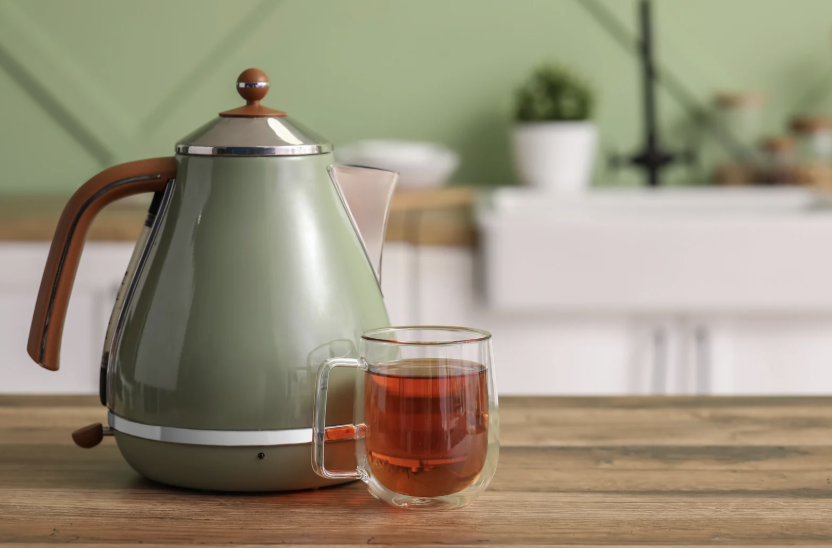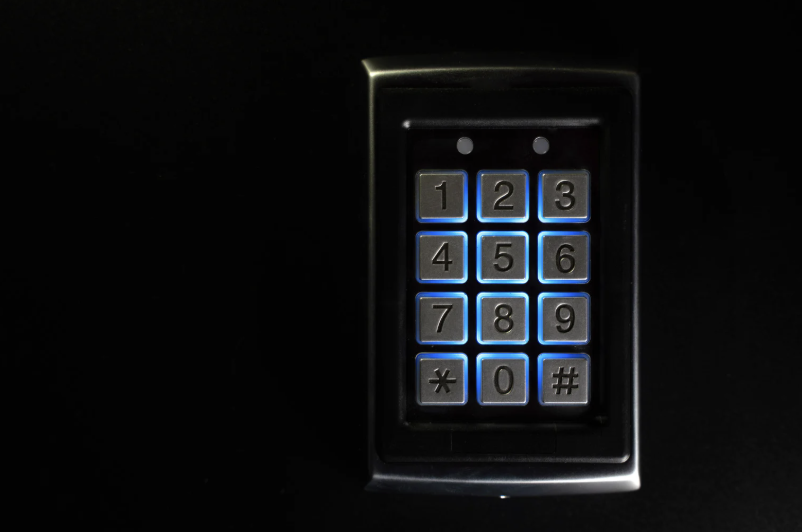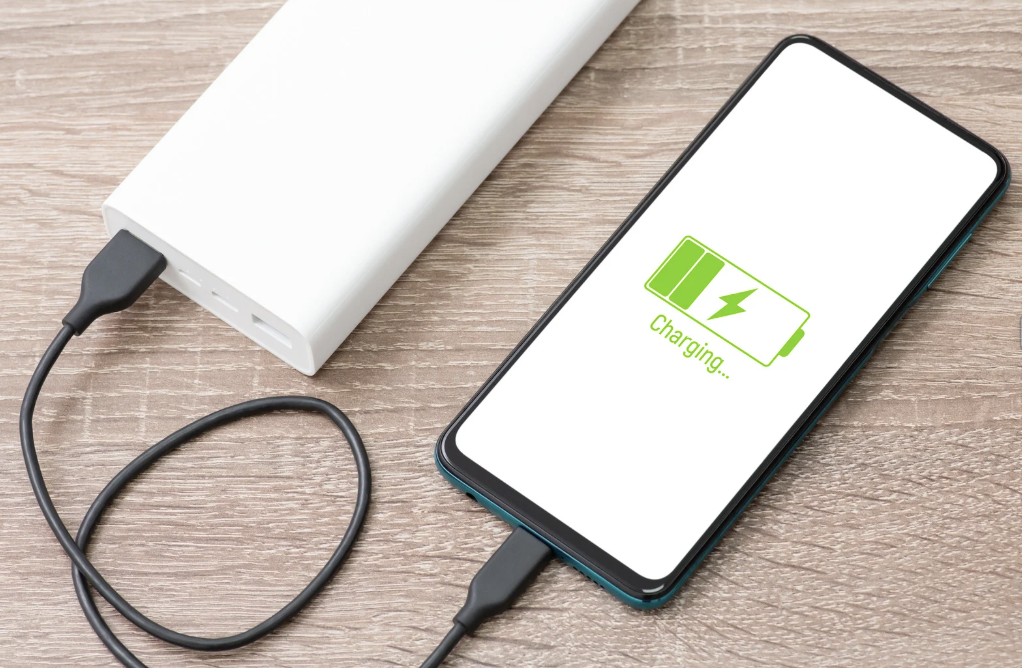The concept of being an introvert versus an extrovert is a fairly new one. Swiss psychiatrist Carl Jung first came up with both terms in the early 1900s, and from the get-go, it was understood that people’s personalities generally fell somewhere between the two extremes.
Nowadays introverts are often mislabeled as being antisocial, which isn’t necessarily true. Going off of the Jung definition, introverted people simply orient toward their “internal private world of inner thoughts and feelings”—unlike extroverts, who “engage more with the outside world of objects, sensory perception, and action.”
Most introverts will tell you, it’s not that we hate people. We just find them … draining. What we tend to detest are things like trivial small talk and the cacophony of large groups. But even that, many introverts can turn on for, enjoy even … so long as we can promptly go home afterwards and veg out.
Being introverted is certainly not unique—up to half of the entire population is estimated to be introverted. Heck, it’s even a trait for animals. And it’s certainly not a weakness. Many notable leaders were known for being reserved. However, the world is often made to favor extroversion, making it hard for introverts to be understood, let alone valued.
Reddit user Sarayka81 asked for introverts to share their “nightmare situations.” The answers are an eye-opening (and pretty hilarious) glimpse into how one person’s idea of normal, or even fun, can be another person’s torture.
Enjoy 15 of the best responses. Introverts, beware.
1. Public marriage proposals
“I’ve told every partner so far, if you propose in public I will turn it down.” – @AngelaTheRipper
“All those youtube videos of these big proposals, like a whole dance routine pop up…everyone is like ‘omg what a great gesture!’ No. no. no.” – fearme101
2. Afterparties
“You mean there’s more stuff to do after the stuff we planned on doing? I only have so much energy to deal with people and it was already used up.” – @Nyctomancer
3. Being picked out of the crowd to speak
“People who just raise their hand to be chosen are true heroes.” – @Chogolatine
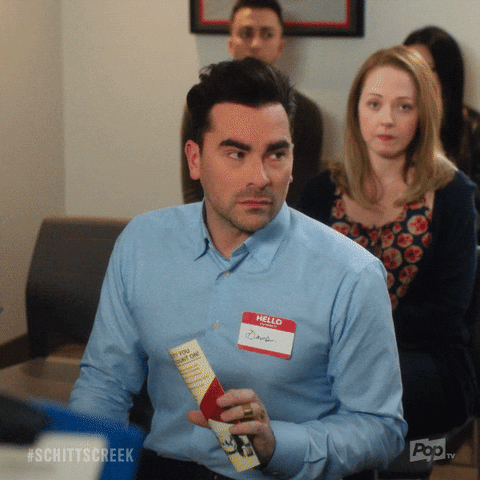
4. Unexpected visitors
“As a child my worst nightmare was when my parents got visitors and I’m stuck upstairs hungry and thirsty because I can’t access the kitchen.” – @mikasott
“Ask them nicely, ‘would you kindly REMOVE yourself from my personal space.‘” – @GDog507
“But that requires talking to them.” – @StinkyKittyBreath
5. Introducing yourself
“I get locked jaw when this happens. Along with sweaty palms and cold sweat.” – @ellisonjune
6. Multiple conversations at once
“I was at a conference where everyone is doing the circle thing and I was chatting with some people about some interesting, but pretty dry, industry topics. All of the sudden I hear someone in another conversation circle say something along the lines of: ‘Yeah man, gorillas will rip your head off.’
All of the sudden, I can’t concentrate on my current conversation and my brain tunes into the gorilla conversation instead. I could not for the life of me tune back into my main conversation.” – @reAchilles

7. Running into someone you know in a public place
“All you want to do is read your book, but there’s no way out and you decide to put up a brave front. Already you can hear the office gossip in your head: ‘Oh my God, guess who I was stuck on the train with…’Nightmare fuel. Work from home was a blessing in this regard.” – @jew_bisquits
8. Singing “Happy Birthday” at a restaurant
“This shouldn’t be legal” – @Chogolatine
9. Surprise parties
“I’m essentially the 49th wheel at my own party. Kill me now.” – @Anneboleyn33
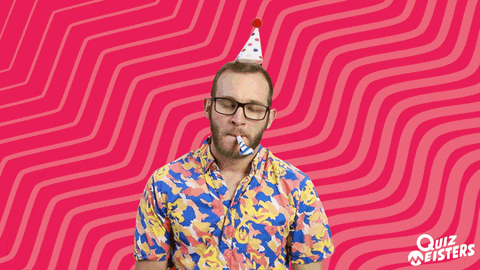
10. Being talked over
“Especially when the only thing the person interjects with is filler or exclamatory flurry that adds nothing to the conversation while stifling any other contribution. Things like ‘yes girl yes!’ or ‘I can’t believe that!’ or …even loud forced laughter – really any noise interjected in that space to make it seem like they’re contributing or listening instead of actually participating.” – @torn_anteater
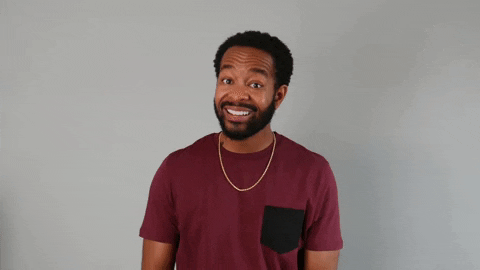
11. Networking events
“Don’t forget to come up with a fun fact!” – @sub_surfer
12. Extroverts who just don’t get it
“‘Wanna hang out this Saturday?’
‘Sure!’
… Saturday arrives, 10 minutes before hangout time …
‘Oh also I invited my friend you have never met before to join us.’” – @drflanigan
13. Phone calls
“Receiving and twice as bad having to make one.” – @Isand0
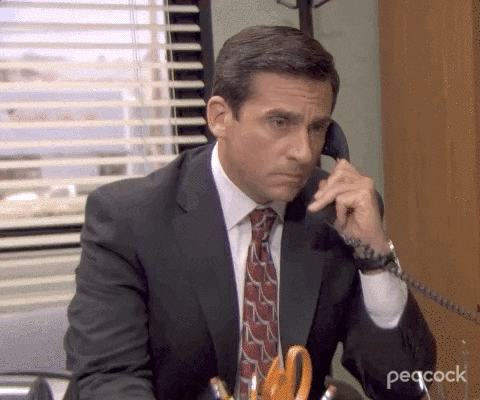
14. Impromptu work presentations
“I need like a couple days to prepare myself for any speaking engagement lol.” – @koriroo
15. Party games that involve small talk
“‘Who’s up for two truths and a lie?’
Thinks … Can they all be lies? No … What are the most boring truths I can think of so no one comes up to talk to me after this?‘” – @littlewittlediddle
This article originally appeared on 09.16.22


